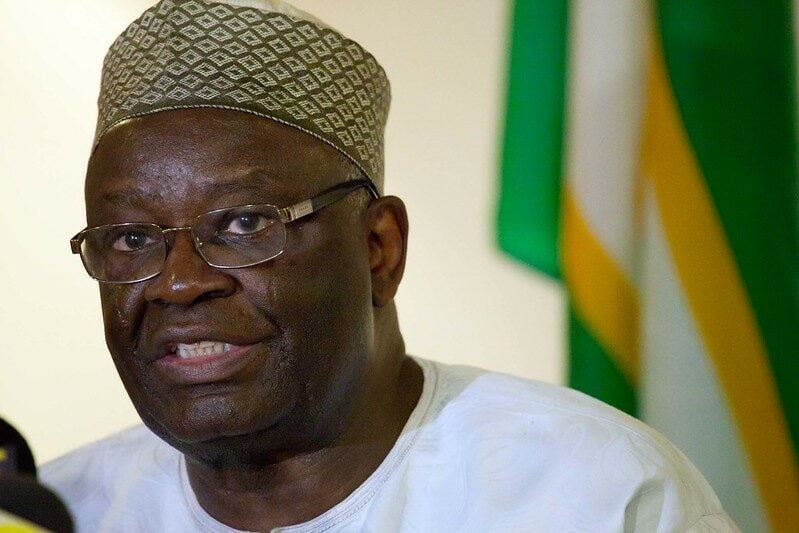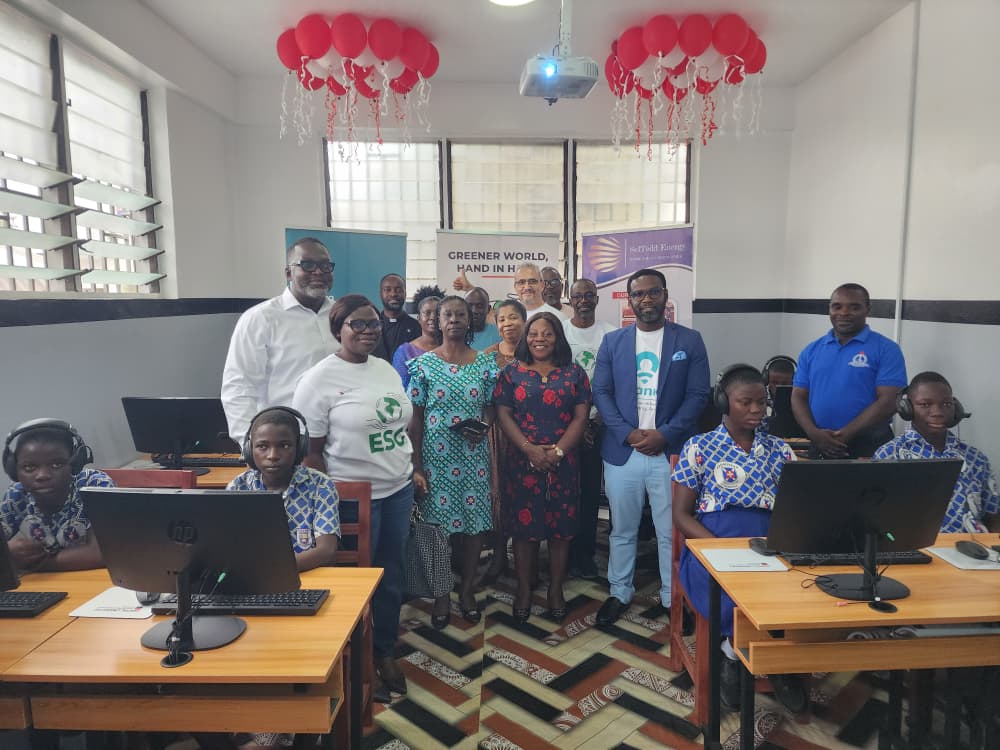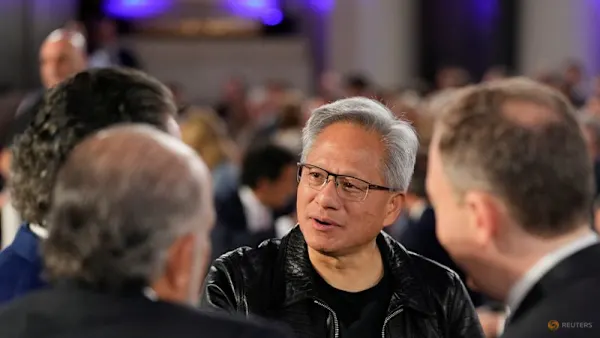By Abdullahi Olesin
Copyright leadership

A former Minister of External Affairs, Professor Ibrahim Gambari, has called on regional and international leaders to confront the insecurity challenges in the Gulf of Guinea to unlock its vast economic potential.
Prof Gambari stated that the region, rich in oil, gas, and critical minerals, remains plagued by piracy, oil theft, and illegal fishing, which continue to scare away investors and destabilise communities.
Gambari, according to a statement issued by his media office and made available to newsmen on Saturday, spoke in New York, United States of America, during a high-level roundtable on the sidelines of the 80th United Nations General Assembly.
The diplomat expressed hope despite the challenges, pointing to the decline in piracy in some areas due to improved cooperation.
Gambari said, “We are not helpless,” adding, “When states coordinate naval patrols and share intelligence, tangible results follow.”
He highlighted Nigeria’s move to host a Combined Maritime Task Force, approved by the African Union in April 2025, as a sign of renewed political will.
As a part of a measure to move from talk to action, Gambari laid down a five-point agenda for the region which included strengthening of security frameworks, merging of security with development, bringing in the private sector, embracing technology and forming a business council for the Gulf of Guinea to drive sustained cooperation.
Gambari maintained that for the region to become an economic hub, its natural wealth must be managed transparently to benefit local communities and avoid fuelling grievances.
“Economic opportunity, when paired with inclusive governance, is itself a powerful deterrent to insecurity,” he argued.
He anchored the plan to broaden continental goals like ECOWAS Vision 2050 and the AU’s Agenda 2063, warning that without decisive collective action, the Gulf of Guinea’s promise would remain unfulfilled.
“The future must be shaped by a shared commitment to protect its waters, invest in its people, and transform its natural wealth into a driver of inclusive growth,” Gambari said.



